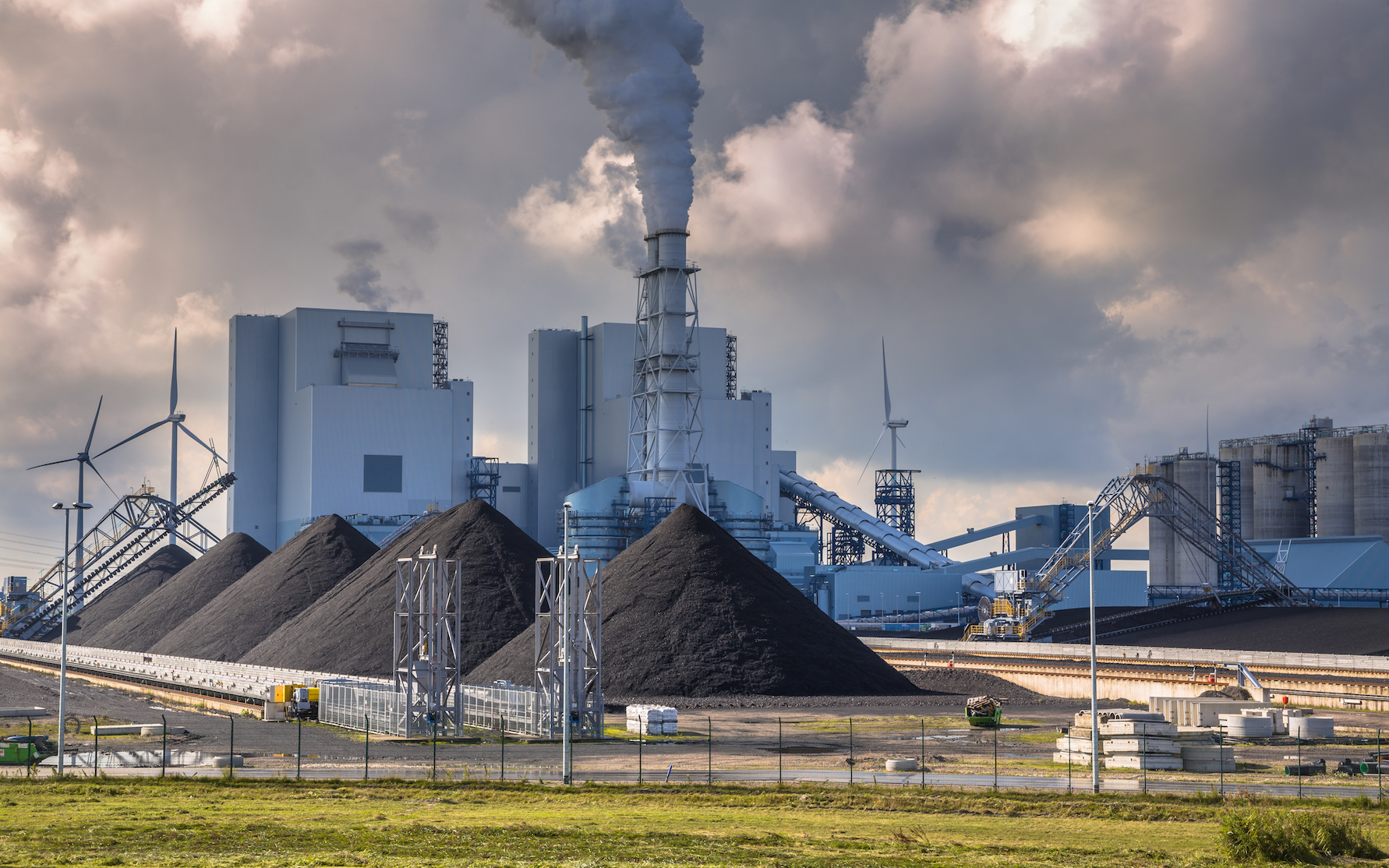
Trump administration rolls back coal ash regulations
The Environmental Protection Agency (EPA) has been in the news a lot lately, following the resignation of former EPA head Scott Pruitt earlier this month. Now the organization is making headlines again, as the Trump administration announced Wednesday that it is rolling back regulations formerly established by the Obama administration for the disposal of spent coal, which is used to fuel hundreds of power plants across the country.
Not surprisingly, environmental groups are saying that this move could have a disastrous effect on drinking water near dozens of sites. Dalal Aboulhosn, the deputy legislative director for land and water at Sierra Club, says legal action is being considered. “We are poring through the rule change see what our next steps might be.”
This relaxation of rules was petitioned for by the coal industry to the Trump administration, and was announced by Andrew Wheeler, current Acting Administrator of the EPA and former lobbyist for the coal industry. The EPA says that this rollback will save affected utility companies $28 to $31 million per year in regulatory costs.
“These amendments provide states and utilities much-needed flexibility in the management of coal ash, while ensuring human health and the environment are protected,” said Wheeler in a statement. “Our actions mark a significant departure from the one-size-fits-all policies of the past and save tens of millions of dollars in regulatory costs.”
NBC News reported that the EPA extended the time that the industry can use unlined coal ash ponds and groundwater-adjacent sites for dumping by 18 months. The regulations the Obama administration put in place in 2015 sought to phase out these sites by April 2019. Unlined ponds are considered by environmentalists to be the worst offenders when it comes to groundwater pollution. Testing standards for the amount of lead, cobalt, lithium, and molybdenum in adjacent waters were also weakened.
“The Trump administration is turning a blind eye to damage done to our drinking water,” says Lisa Evans, senior counsel for environmental group Earthjustice. “This is aimed at saving industry money instead of protecting the public.”
Coal ash is usually doused with water for quick cooling and dumping, but the sludge this produces is very toxic and can seep into aquifers. This sludge can include arsenic, lead, mercury, and chromium. Currently, the EPA says that there are 663 active ponds serving 321 plants, and 286 active coal landfills serving 204 power plants. There are also an additional 111 “inactive ponds” that no longer accept waste. About a half-dozen of these ponds are Superfund sites, while several others are just as polluted but are permitted because they’re in active use.
When the Obama administration first set these regulations in 2015, it was in response to a devastating 2008 coal ash spill in Kingston, Tennessee, where a containment dike burst at the Tennessee Valley Authority power plant and released 5.4 million cubic yards of ash. The accident destroyed homes and flooded waste into two nearby rivers. Now it seems that we’ll have to hold our breath and hope that this rollback of regulations doesn’t result in a similar disaster.
—
By Connor Ertz, Earth.com Staff Writer













